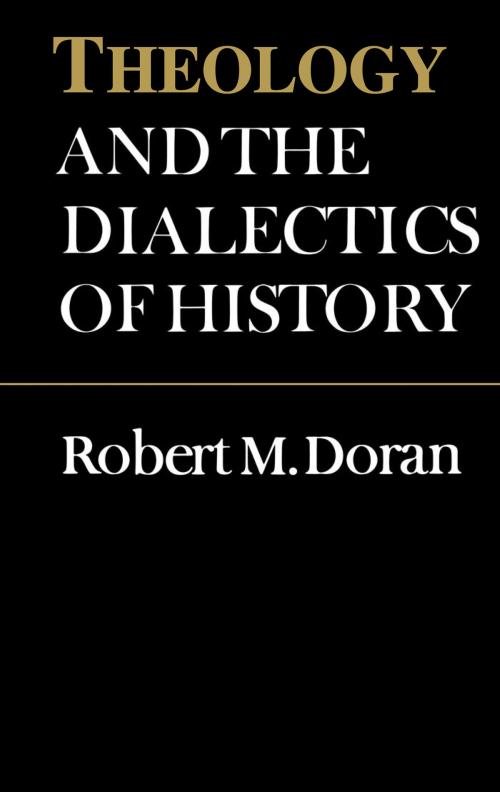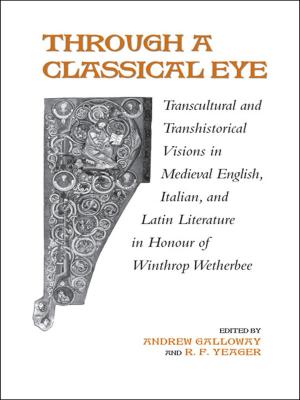Theology and the Dialectics of History
Nonfiction, Religion & Spirituality, Christianity, Church, Church History, Theology, Philosophy| Author: | Robert Doran, S.J. | ISBN: | 9781442651340 |
| Publisher: | University of Toronto Press, Scholarly Publishing Division | Publication: | June 1, 1990 |
| Imprint: | Language: | English |
| Author: | Robert Doran, S.J. |
| ISBN: | 9781442651340 |
| Publisher: | University of Toronto Press, Scholarly Publishing Division |
| Publication: | June 1, 1990 |
| Imprint: | |
| Language: | English |
In this challenging work Robert M. Doran explores the basis of systematic theology in consciousness, and goes on to consider the practical role of such theology in establishing and fostering communities with an authentic way of life. This way of life would counteract the distortions and deformations of humanity that are exemplified by both late capitalism and Marxism.
Theology positions and interpretations today, argues Doran, must be stated in the categories of a theory of history. The first part of the book outlines the horizon required for such categories. The second,, third, and fourth parts incrementally derive the categories expressing a theory of history in terms of the reciprocal relations among subjects, cultures, and social structures. The final part, on hermeneutics, oresents an argument for the pertinence of what has preceded for interpreting the words and deeds of others.
Doran draws extensively on the thought of Bernard Lonergan, and the work develops Lonergan's methodological insights. It issues a call to persona; genuineness and authenticity, informed by religious, moral, intellectual, affective, and psychic 'conversions,' by 'interior' differentiation of one's consciousness, and by Christian faith, on the parts of theologians who aspire to arrest effectively the course of cultural decline.
In this challenging work Robert M. Doran explores the basis of systematic theology in consciousness, and goes on to consider the practical role of such theology in establishing and fostering communities with an authentic way of life. This way of life would counteract the distortions and deformations of humanity that are exemplified by both late capitalism and Marxism.
Theology positions and interpretations today, argues Doran, must be stated in the categories of a theory of history. The first part of the book outlines the horizon required for such categories. The second,, third, and fourth parts incrementally derive the categories expressing a theory of history in terms of the reciprocal relations among subjects, cultures, and social structures. The final part, on hermeneutics, oresents an argument for the pertinence of what has preceded for interpreting the words and deeds of others.
Doran draws extensively on the thought of Bernard Lonergan, and the work develops Lonergan's methodological insights. It issues a call to persona; genuineness and authenticity, informed by religious, moral, intellectual, affective, and psychic 'conversions,' by 'interior' differentiation of one's consciousness, and by Christian faith, on the parts of theologians who aspire to arrest effectively the course of cultural decline.















